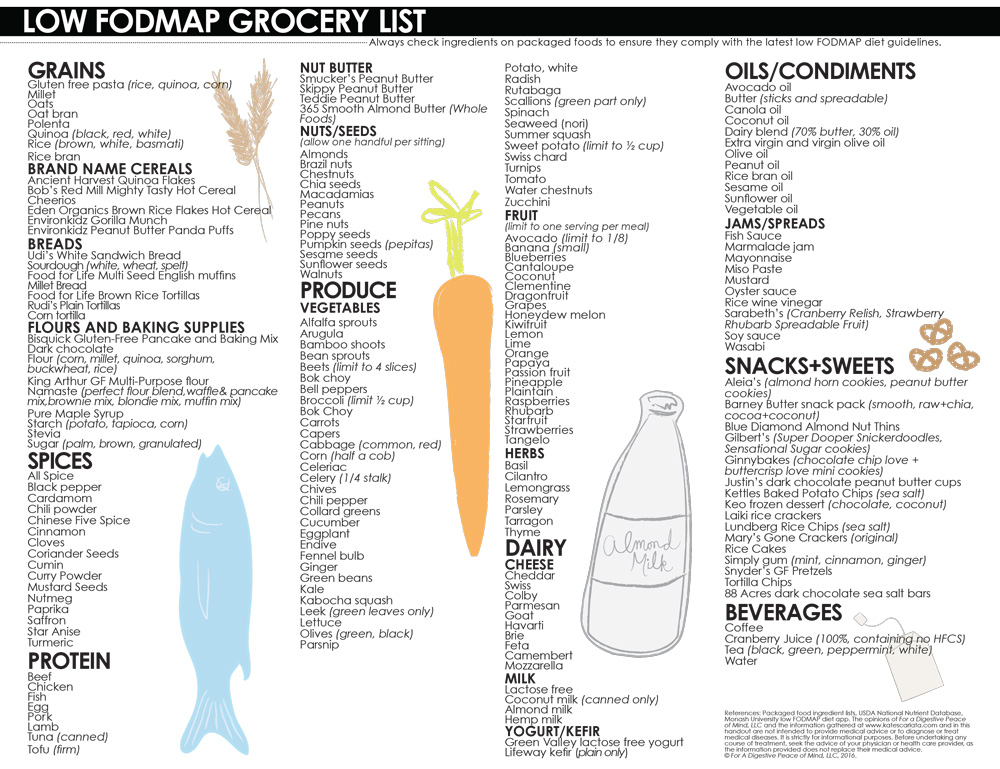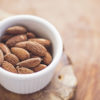Did you know we don’t produce gas? Bacteria that live in us do. Gas is supposed to be expelled evenly over time, without causing discomfort. For most of us, that’s the way it works and we naturally release believe it or not 2 Litres of gas a day. But for a lot of others a daily problem is offensive gas, trapped gas, frequent gas, pain, heartburn, diarrhea and constipation. Sometimes bloating is related to eating and sometimes it’s constant. The reasons why are many and interesting. Something as simple as eating slowly and adequate chewing can fix the problem. But more complicated problems like underlying infections often go overlooked. If you experience persistent bloating or have been diagnosed with Irritable Bowel Syndrome (IBS) keep reading.
SWALLOWED AIR vs CREATED AIR
Outside of bacteria the rest of the gas in our intestines is swallowed when we eat. Eating too fast means swallowing more air, which can bloat. It’s normal to swallow and absorb oxygen, nitrogen, and carbon dioxide, but two other gases – hydrogen and methane are formed from fermentation with bacteria in the colon. Methane is the same gas cows produce that is an environmental pollutant. To humans it can cause symptoms like bloating and constipation. If hydrogen is overproduced it causes a host of digestive symptoms including diarrhea and pain. Most people don’t realize they overproduce these gases and that they are responsible for their symptoms.
MISSING DIGESTIVE ENZYMES
Some foods don’t get absorbed as well, which allows bacteria to ferment them. Either the food isn’t the kind of food that is suitable for your intestines like a gluten sensitivity or you don’t produce enough digestive enzymes to break them down properly. Lactose intolerance is a perfect example. No lactase = milk goes right through you, which makes it fodder for bacteria. The same problem can occur with other foods like fats, proteins, and starches. People without gallbladders can have issues with digestive fats and take bile and lipase to break them down. Some people are predisposed to lacking enzyme like those without a gallbladder or with gallstones, pancreatitis, and/or low stomach acid. The solution for this problem is an easy one; replace the enzymes that are lacking and your digestion can become whole again. For example papaya is full of enzymes that break down food and can often help digest starchy meals.
TREATMENT THROUGH DIET
FODMAPS, SCD, GAPS and SIBO
Doctors prescribe four main diets to help with bloating and IBS. Certain carbohydrates called high FODMAPS (fermentable oligo-di-mono-saccharides and polyols) are most likely to bloat. Onions and garlic are high FODMAPS foods. In addition other popular diets are known as GAPS (Gut and Psychology Syndrome) diet and SCD (Specific Carbohydrate Diet) and the SIBO (Small Intestinal Bacterial Overgrowth) diet. They are all versions of similar eating plans that can accurately identify if you suffer from problems with bacteria that negatively affect your health. Each has its own benefits and drawbacks, but with the help of a professional well versed in their use most people can feel better and often do. They work so well they led to the greater understanding that an underlying infection is usually the culprit for bloating and IBS. You can even pick one and try it for two weeks to see how it feels.
HOW DID I GET INFECTED?
There are certain pathologic bacteria, the overpopulation of normal bacteria, and intestinal parasites that interfere with proper digestion. The most common organisms that cause digestive symptoms that go undiscovered are Helicobacter pylori and Blastocystis hominis.They are both identifiable through breath and stool tests, respectively. They are worth investigating given many people will have either infection causing their symptoms and both can be eradicated with simple straightforward antibiotic and/or probiotic treatments.
The most common bacteria implicated in bloating are one’s that are normally in our intestines. For many different reasons they can colonize areas of our intestines that aren’t supposed to be inhabited by these bugs. 20 to 90% of IBS sufferers have this problem of too much bacteria. One condition that represents these bacteria is SIBO, which is caused by:
- Another intestinal disease like celiac that could have allowed bacteria to overcolonize the small intestine.
- Insufficient digestive enzymes that could have allowed for undigested food to fuel the overgrowth of existing bacteria.
- The chronic use of antibiotics that triggered bacterial overgrowth and resistant strains.
- Slow moving intestines – constipation – that didn’t allow for the continual clearance of bacteria and gas.
- Dysfunctional valves and sphincters that allowed for retrograde flow of bacteria into places they should have been cleared of.
- Deficient stomach acid production that didn’t effectively kill bacteria we consumed with food.
SMALL INTESTINAL BACTERIAL OVERGROWTH (SIBO)
SIBO is a disease that, for many people, is replacing the diagnosis IBS because most people with IBS invariably have an issue with intestinal microorganisms and once treated have partial or complete resolution of their symptoms. IBS can be treated. Many doctors aren’t up to date with SIBO, but they are knowledgeable of FODMAPS and GAPS helping people. Doctors don’t often know that when they are prescribing either of these diets they are unknowingly treating SIBO. It’s been a condition previously relegated to the field of speciality medicine. If you have been told you have IBS you actually might have SIBO. At the very least one out of every five people do.
You might have this condition if you experience persistent:
- Bloating,
- Heartburn,
- Nausea,
- Constipation,
- Chronic Nonspecific Diarrhea,
- Abdominal pain,
- And acne rosacea.
If you have these digestive symptoms AND suffer from:
- Treated hypothyroidism,
- Treated Crohn’s disease,
- Treated Celiac disease,
- Treated Colitis,
- Current or previous Bulimia,
- Interstitial cystitis,
- Fatty liver,
- Stress induced IBS,
- Or Restless Legs Syndrome,
- You likely have SIBO.
Also,
- If your digestion is not well since a previous gut infection you probably have SIBO.
- Delhi belly that lasts past antibiotic treatment? You might have SIBO.
- Treated for antibiotics for a different condition and felt your digestion dramatically improve? You had sinusitis or bronchitis and instead of the antibiotics causing the usual diarrhea your stomach felt amazing! You might have SIBO.
- Did you try probiotics, but they made your digestion feel worse? SIBO.
- Fiber makes you constipated…
- Anemia with no identifiable cause…
- Poor digestion since taking codeine or antidepressants…
- Celiac, but still plagued with digestive symptoms after removing gluten…
- Chronic use of antacids…
SIBO. SIBO. SIBO.
It might seem like a lot of different things can cause or contribute to SIBO, but that’s only because there are a lot. SIBO isn’t a serious condition. It’s a basic imbalance of bacteria that can present with challenging symptoms. IBS is a chronic condition. When SIBO is the underlying cause of IBS it’s entirely treatable.
Treatments for bloating and IBS vary depending on what the reason is for it. There are things to consider like the right diet, slower eating with more chewing, the right probiotic, the right enzymes, agents that improve intestinal motility, improved stress coping, and antibiotics both herbal and drug. Each option can be meaningful for eradicating the problem, but some treatments work better for some people than others given that there are numerous ways the problem begins in the first place. For one person a Saccharomyces boulardii probiotic with a FODMAPS diet might be enough. For another person a two week course of the antibiotic Rifaximin and digestive enzymes might be the solution. For a third, stress reduction and meditation work best. Discuss your symptoms with a qualified healthcare practitioner to design the right treatment plan tailored for you.
If you’re interested in learning more about the FODMAPS here is a great grocery list to use as guideline. If you’re interested in diagnosing SIBO talk to your doctor about testing for it.







